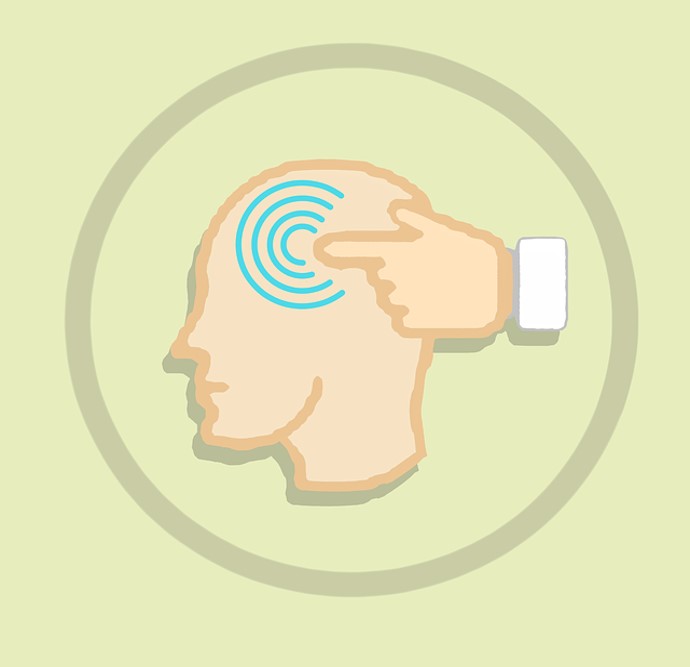
Image by Mohamed Hassan from Pixabay
The research concerning mental health is disconcerting given that over half of the population has either received or will receive a mental health diagnosis in their lifetime. The common mental illnesses many face include PTSD- post-traumatic stress disorder and anxiety and depression.Â
Fortunately, sufferers can hold onto hope based on effective care plans and medication management designed to cope with the increasing prevalence. One of the plans, referred to as IOP- intensive outpatient program, offers patients convenience and flexibility compared to residential care.Â
The alternative is an effective and efficient choice for those needing to continue with their regular activities of daily living.Â
What Is IOPÂ
When searching online for an “intensive outpatient program near you,†you’ll find a wealth of information on the care plans. The alternative to residential care offers treatment for those suffering from mental health disorder diagnoses and individuals with substance use disorders.Â
The patient is seen on an outpatient basis, meaning they will need to come and go of their own volition. These sessions are intensive, which means there are more requirements for the individuals taking part, including a greater number of hours involved in the program than a standard outpatient care plan.Â
The plans are less involved than inpatient care. With inpatient services, the client is expected to stay at the facility where the program is rendered. When registered with an IOP, you have the convenience of living at home while enrolled in the program. Learn the fundamentals of an IOP at https://www.cbs19news.com/story/43616019/what-is-iop-treatment:.Â
Patients who require constant care, around the clock, are not suited for IOP plans. These programs run for roughly “nine treatment hours each week.†The care plans involve medication management, psychiatric care, individual and group therapy, and possibly other interventions tailored to specific needs.Â
The IOP is a convenient option for those with outside obligations, including work or school and family. The individual needs to prepare to put in an extensive effort, more so than would be required with typical outpatient guidance, but these are less intensive than a residential care program.Â
Many providers often use these options to transition patients from residential care back into their regular life routine. Some patients are intimidated to try functioning independently after being involved in an inpatient program. The IOP works to bridge that gap.Â
Those graduating from an inpatient stay are not the only patients that medical practitioners refer for IOP; many circumstances warrant this intensive treatment.Â
When Is IOP Not the Right AnswerÂ
IOP is not suited for all patients. Some require a more stringent care plan and might not receive a sufficient outcome with outpatient care regardless of the intensity. Go here for a comprehensive guide to IOP. Some groups less likely to receive benefits from the treatment include the following:Â
- Those suffering with a co-occurring substance use disorder
- Anyone lacking a viable support system
- Individuals who present as a threat to themself or those around themÂ
The people presenting as a threat to themself or those around them often suffer with suicidal tendencies. The objective is to keep these patients safe throughout their care, and IOP isn’t a sufficient solution to ensure optimum safety.Â
In that same vein, anyone who has aggressive tendencies or grows fearful of those around them can receive better results from hospitalization or inpatient services.Â
Patients need a viable support system to lean on when undergoing treatment, particularly if that care is provided on an outpatient basis. For those without that, an inpatient setting offers the support and structure the individual requires.Â
The same is true when a person is suffering with severe co-occurring substance use disorders. IOP is not set up for the management of detox or withdrawal, a vital component in the recovery process.Â
In outpatient settings, individuals have exposure to substances, whereas in the inpatient setting, there would be no temptation.Â
What Are the Benefits Of IOPÂ
With an IOP, a patient can access care sooner rather than later. Because of shortages among mental health providers, traditional outpatient counseling takes considerably longer to set up due to extensive wait lists. IOP has a broader availability.Â
The programs are more cost-efficient and flexible for patients who need access, albeit offer effective results for those suffering from mental health disorders.Â
Cost efficientÂ
Residential care comes with a much higher expense than an IOP. The outpatient plan is free from room and board costs. The services received are the only expense the client must account for.Â
IOP insurance coverage is more readily available, but carriers are less willing to cover outpatient services with severe symptoms that warrant inpatient care. IOP is more cost-efficient than traditional outpatient services since the program is more intensive and lasts for a shorter span.Â
FlexibilityÂ
The flexibility of the outpatient setting is attractive for many people with outside obligations. They can receive care but continue with their responsibilities. A traditional outpatient program is equally flexible, but the care is not condensed or as stringent as the IOP or residential care.Â
EfficacyÂ

Studies have shown that IOP, compared to inpatient treatment, is efficacious with minor differences in the results following care.Â
The suggestion is to seek a long-term intensive outpatient program as research indicates an extended period has the potential to stave off the possibility of hospitalization for symptoms associated with mental health or the potential for symptom relapse.Â
Final ThoughtÂ
While IOP has the components for an effective, cost-efficient, and flexible care option, the program is not necessarily for everyone. It’s vital to be evaluated by a mental health provider to determine the treatment program most beneficial for your individual needs.



Facebook Comments